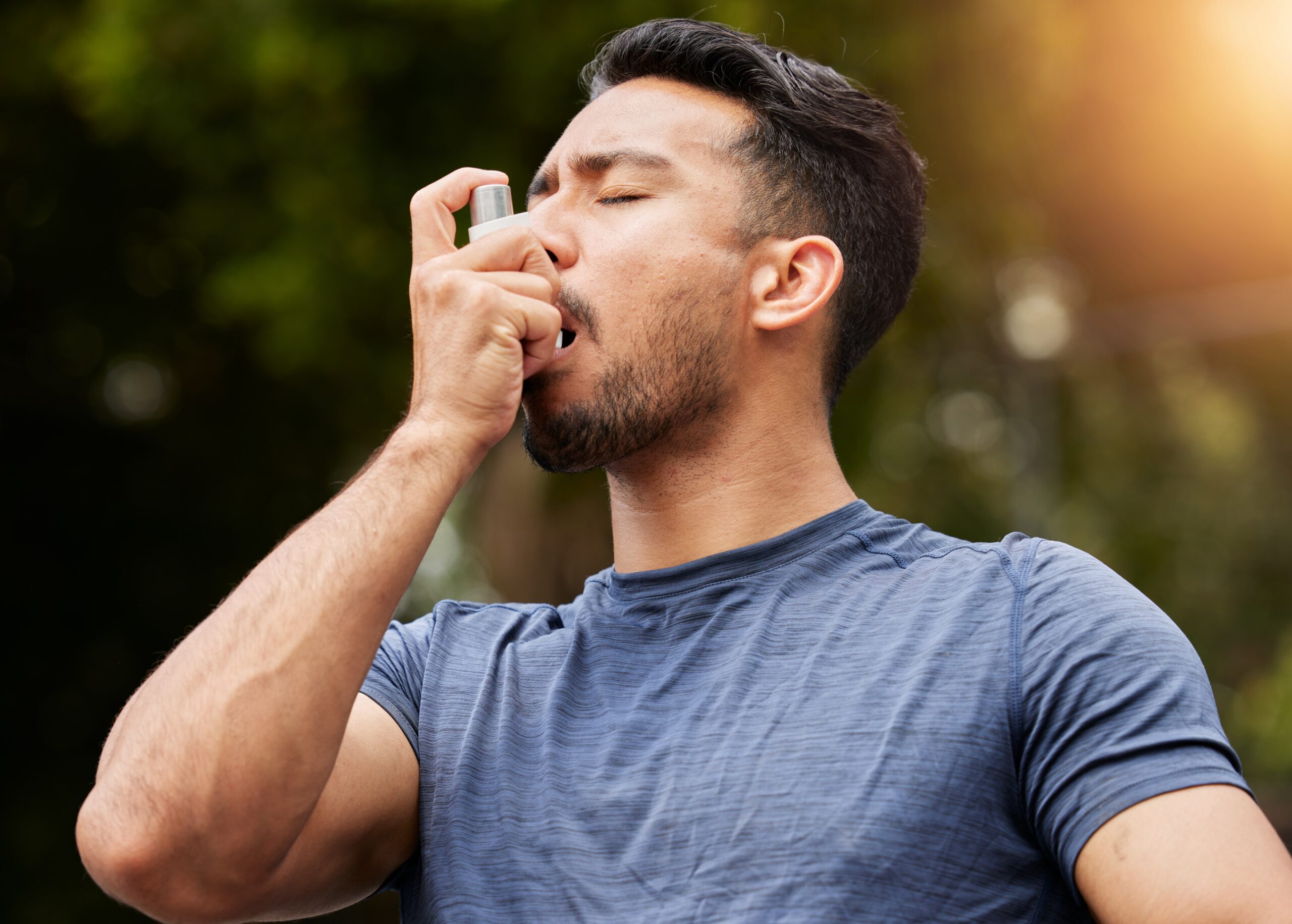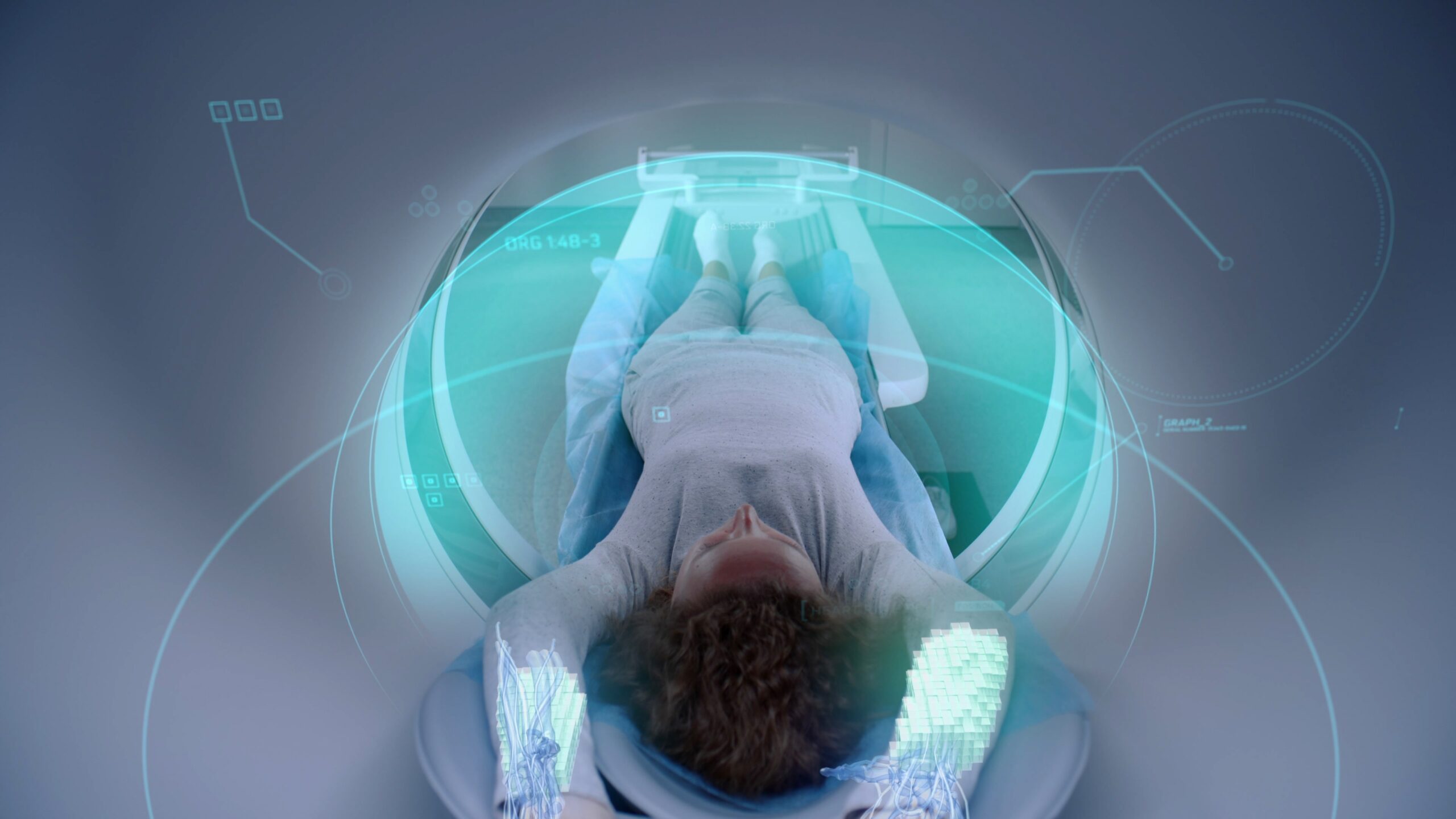Could a small dose of cockroach allergen immunotherapy be the key to tackling asthma in children?
Quick Take
- Subcutaneous cockroach immunotherapy (SCIT) modulates T-cell responses in children with asthma.
- The therapy targets immunodominant allergens regardless of their abundance in treatment extracts.
- The study was conducted in 11 major U.S. cities with high asthma prevalence.
- Findings could lead to more standardized and effective immunotherapy approaches.
Understanding Cockroach Immunotherapy
Cockroach allergen exposure is a significant trigger for asthma, particularly in urban, low-income settings where children are most affected. The German cockroach (*Blattella germanica*) is often implicated, with its allergens linked to increased asthma morbidity. Subcutaneous cockroach allergen immunotherapy (SCIT) is emerging as a promising intervention. A recent clinical trial—CRITICAL—found that SCIT effectively modulates T-cell responses, focusing on immunodominant allergens like Bla g 5 and Bla g 9.
This modulation occurs independently of the allergens’ concentration in treatment extracts, suggesting that the specific immunodominance of allergens is more important than their abundance. This revelation could revolutionize how allergen immunotherapy is approached, shifting the focus toward more precise, targeted treatments that could benefit children struggling with asthma.
Watch: Cockroaches & New Real-World Clues to Asthma
Key Findings from the CRITICAL Trial
The CRITICAL trial was a double-blind, placebo-controlled study conducted between 2018 and 2022, involving children aged 8 to 17 with asthma and confirmed cockroach allergies. Conducted across 11 urban centers in the U.S., the study revealed that T-cell modulation by SCIT does not depend on allergen abundance. The strongest effects were seen with immunodominant allergens, highlighting the potential for standardized immunotherapy approaches.
Lead researcher Dr. Alessandro Sette emphasized the importance of these findings, pointing out that the dosage of immunodominant allergens might be less critical than previously thought. This insight could lead to more effective management strategies for asthma, particularly in under-resourced urban settings where cockroach exposure is prevalent.
Implications for Asthma Management
With asthma being a prevalent condition in urban areas, particularly among children, the findings from the CRITICAL trial have significant implications for public health and clinical practice. The trial suggests that focusing on immunodominant allergens in immunotherapy could lead to more consistent outcomes for patients, regardless of extract composition variability.
This approach aligns with trends in allergen immunotherapy, which are increasingly moving toward component-resolved treatments rather than relying on crude extracts. By identifying and targeting the most impactful allergens, healthcare providers could offer more effective and personalized asthma management plans, ultimately reducing the burden of asthma in vulnerable populations.









